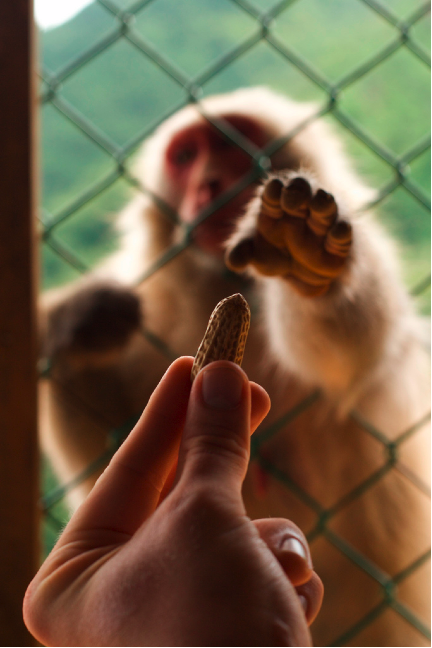An ancient creature roams the ocean floor to this day. It has survived over 440 million years and numerous catastrophic events in the earth’s history – ice ages, volcanic eruptions and even asteroids. Studies of these “living fossils” as they’re often referred to, have led to Nobel prizes and revolutionized the medical industry.
Ask the question “are invasive species bad?” to a group of ecologists and you are sure to raise some eyebrows.
Ask the question “are invasive species bad?” to a group of ecologists and you are sure to raise some eyebrows.
Imagine you went to the doctor with an infected cut on your finger. It is bad but not that bad. But instead of giving you an antibiotic or recommending a tetanus shot or a few stitches, what if the doctor recommended cutting off your finger so you could grow a new one! Ok, maybe that is a bit dramatic, but it highlights fundamental differences between plant and animal immunity.
In 1992, a group of Italian neuroscientists reported that macaque monkeys have neurons that fire not only when a monkey picks up a peanut but also when the monkey watches a human pick up a peanut [1]. Mamma mia! Mirror neurons! Do these neurons, which fire while both seeing and doing an activity, provide a biological basis for empathy?


In 1992, a group of Italian neuroscientists reported that macaque monkeys have neurons that fire not only when a monkey picks up a peanut but also when the monkey watches a human pick up a peanut [1]. Mamma mia! Mirror neurons! Do these neurons, which fire while both seeing and doing an activity, provide a biological basis for empathy?


Naked mole-rats are not your average rodent. Hairless, insensitive to pain, and nearly blind with a social system more similar to termites than to other rodents- they never really seem to fit in! But, don’t be so quick to brush them aside as merely interesting trivia for those awkward moments at cocktail parties.
- « first
- ‹ previous
- 1
- 2
- 3

